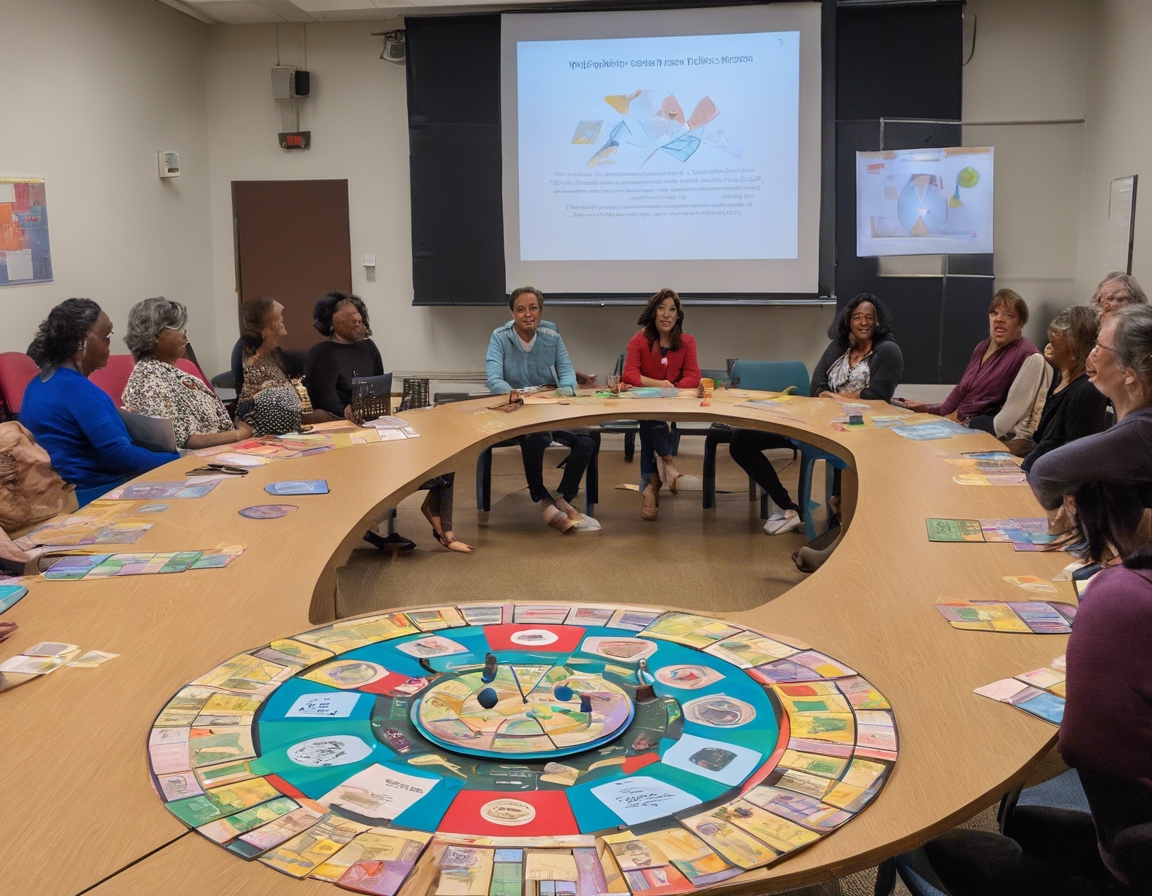How psychology can enhance your team's performance
Teams are the lifeblood of any organization, and their success hinges on more than just the sum of individual skills. Understanding the psychological underpinnings of how teams operate can unlock higher levels of performance and satisfaction. By applying psychological principles, teams can enhance communication, motivation, leadership, conflict resolution, resilience, and culture.
Several psychological concepts are pivotal in team performance, including group cohesion, collective efficacy, social identity, and role clarity. These concepts influence how team members interact, perceive their contributions, and work towards common goals.
Communication: The Psychological Backbone of Teamwork
Effective communication is rooted in active listening and open dialogue. Psychological techniques such as reflective listening and empathetic responses can foster a deeper understanding and trust among team members.
Nonverbal cues play a significant role in communication. Understanding body language, tone of voice, and facial expressions can provide insights into unspoken feelings and attitudes, enhancing team interactions.
Motivation and Its Psychological Underpinnings
Psychology differentiates between intrinsic motivation, driven by internal rewards, and extrinsic motivation, driven by external rewards. Balancing these can lead to sustained team engagement and productivity.
Goal setting is a powerful motivator. Psychological frameworks like SMART goals can help teams set clear, achievable objectives that inspire and guide their efforts.
The Role of Leadership in Team Psychology
Different leadership styles have distinct psychological impacts on teams. Understanding these can help leaders adapt their approach to meet the needs of their team and enhance overall performance.
Leaders who understand psychological principles can better empower their team members, fostering an environment where everyone feels valued and capable of contributing to their fullest potential.
Conflict Resolution Through a Psychological Lens
Psychology provides tools to identify and understand the root causes of conflict within teams. Addressing these underlying issues can lead to more effective and lasting resolutions.
Applying psychological strategies such as active listening, empathy, and negotiation can help teams navigate conflicts constructively, preserving relationships and productivity.
Building Resilience and Managing Stress
Resilience is critical for teams to thrive in challenging environments. Psychological techniques such as cognitive reframing and stress inoculation can help teams build this resilience.
Stress can undermine team performance. Psychology offers stress management techniques that can help teams maintain focus and effectiveness under pressure.
Cultivating a Positive Team Culture
Group norms and values shape team culture. Psychology can help teams create and reinforce positive norms that align with their goals and values.
A psychologically safe environment is one where team members feel comfortable taking risks and expressing themselves without fear of negative consequences. This safety is foundational for innovation and collaboration.






Comments (0)